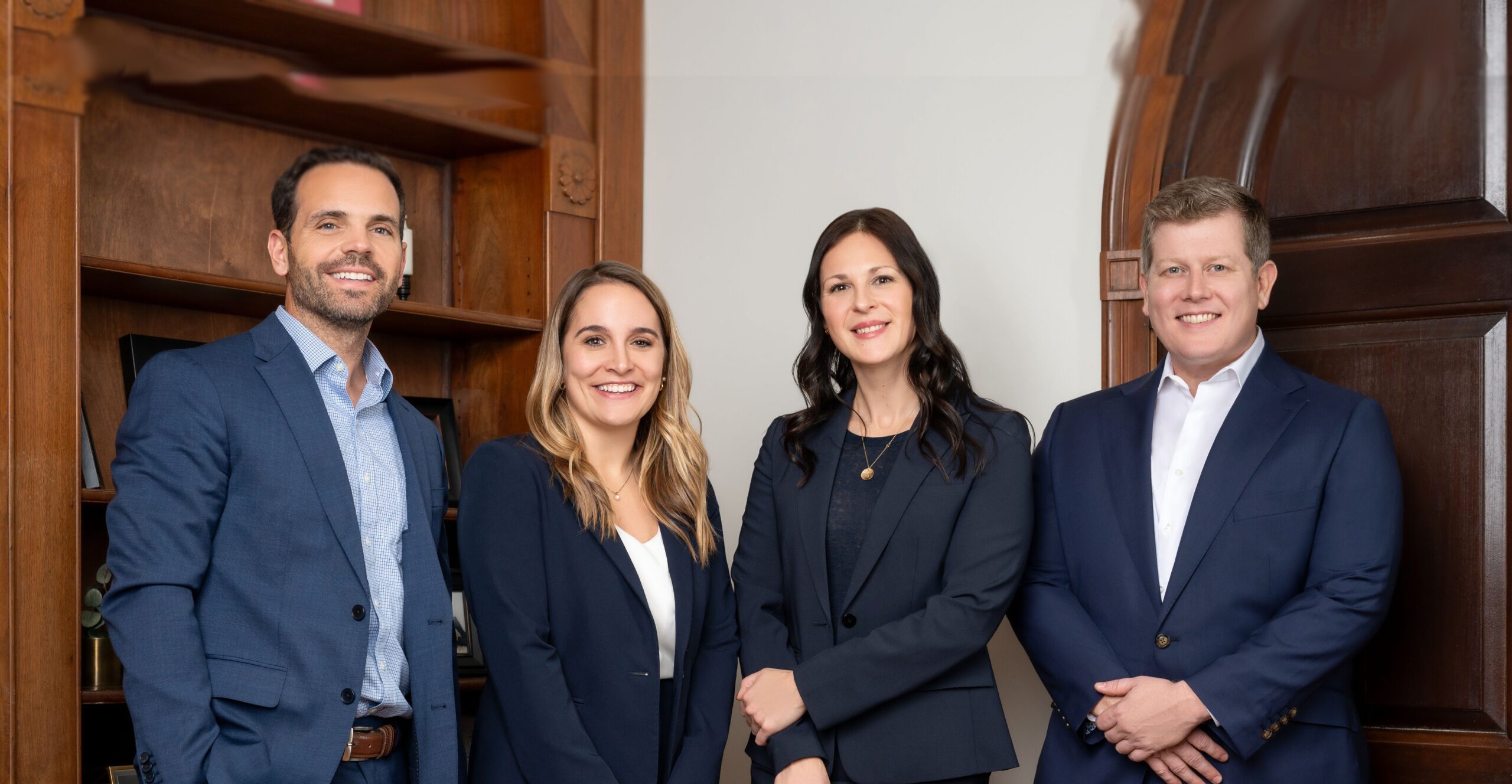What is Human Trafficking?
Human trafficking is a heinous crime that violates individuals’ fundamental rights and dignity. In some cases, traffickers trick, defraud or physically force victims into selling sex. In others, victims are lied to, assaulted, threatened, or manipulated into working under inhumane, illegal, or otherwise unacceptable conditions. Examples include escort services, pornography, illicit massage businesses, brothels, and outdoor solicitation.
Understanding Human Trafficking
Human trafficking involves recruiting, transporting, transferring, harboring, or receipt of persons through force, fraud, or coercion for exploitation. This exploitation can include forced labor, sexual exploitation, forced begging, or involuntary servitude. Victims of human trafficking are often subjected to physical and emotional abuse, and their freedom is unlawfully curtailed.
Statistics Around Human Trafficking
Human trafficking is a clandestine crime, and accurate statistics can be challenging to obtain due to its hidden nature. Polaris is a nonprofit organization that operates the National Human Trafficking Hotline in the United States. According to their data, the hotline received 11,500 cases of human trafficking in 2019. Since its inception in 2007, the hotline has received over 70,000 reports of human trafficking nationwide.
Who Are the Victims?
Most reported cases in the United States involve sex trafficking (82.3%), followed by labor trafficking (12.1%). It affects individuals of all ages and genders, but certain populations are at higher risk. In the United States, victims are often females (around 77%) and minors (about 25%), with a disproportionate representation of LGBTQ+ individuals among those trafficked. (Polaris 2021)
The National Center for Missing & Exploited Children (NCMEC) reported receiving over 21.7 million reports of suspected child sexual exploitation since its founding in 1984. These reports include cases related to child sex trafficking.
According to Polaris, approximately one-third of the cases reported to the hotline involve minors.
Child trafficking victims in the United States can be subjected to various forms of exploitation, including sexual exploitation, forced labor, domestic servitude, and participation in criminal activities.
The Legal Framework
In many jurisdictions, specific laws address human trafficking, offering protections for victims and enabling them to pursue legal action against traffickers. For instance, the Trafficking Victims Protection Act (TVPA) in the United States provides critical support and legal remedies to victims, including the right to sue for damages. While there are many federal laws that seek to address this crime, each state also has their own laws around it.
Suing for Damages
Often a civil lawsuit give power back to those who have been agreously harmed. It allows them to expose networks that engage in trafficking and hold them accountable. Victims can file civil lawsuits against their traffickers, seeking compensation for damages they have suffered. These damages may include:
- Economic Damages: Lost wages, unpaid salaries, and financial losses caused by the trafficking situation.
- Non-Economic Damages: Pain and suffering, emotional distress, physical and psychological injuries, and loss of enjoyment of life.
- Punitive Damages: In some cases, courts may award punitive damages to punish the trafficker and deter others from engaging in similar conduct.
Seeking Support
Human trafficking is a grave violation of human rights, but the legal system provides a pathway for victims to seek justice and claim damages from their perpetrators. It is crucial to strengthen legal frameworks and support mechanisms to ensure that victims can access justice and rebuild their lives after surviving such horrific experiences. Combating it requires a collective effort, and supporting victims in their pursuit of justice is a significant step in eradicating this modern-day slavery
Andreozzi + Foote has extensive experience working with victims of sexual abuse. To schedule a meeting with an attorney, please call us at 866-311-8640 or complete the intake form below.
Contact us 24 Hours A Day, 7 Days a week.


 e-Mail Us Now
e-Mail Us Now
